Company Cyber Security Posture
NANA
NA Company Details
NA
NA
NA
NA
NA
NA
Scan still pending
NA
NA
Between 200 and 800
This score is AI-generated and less favored by cyber insurers, who prefer the TPRM score.
 NA Global Score
NA Global Score.png)

Company Scoring based on AI Models
| Model Name | Date | Description | Current Score Difference | Score |
|---|---|---|---|---|
| AVERAGE-Industry | 03-12-2025 | This score represents the average cybersecurity rating of companies already scanned within the same industry. It provides a benchmark to compare an individual company's security posture against its industry peers. | N/A | Between 200 and 800 |
Company Cyber Security News & History
| Entity | Type | Severity | Impact | Seen | Url ID | Details | View |
|---|
Company Subsidiaries

NA
Access Data Using Our API

Get company history
.png)
NA Cyber Security News
Thato Sopeng went from Visual Basic to CIO for Energy at Sasol
Sasol Energy's CIO, Thato Sopeng, has gone from using her skills in basic software development programming to heading up a large team in a ...

NA Similar Companies
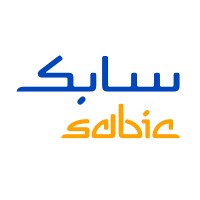
SABIC
SABIC is a global leader in chemicals headquartered in Riyadh, Saudi Arabia. From making cars and planes more fuel-efficient, to helping conserve the world’s water supply and enabling colorful smartphone cases, we find solutions to the challenges of today to help our customers achieve their ambition

National Academy of Sciences of Ukraine
Yu. Delimarskii Department of electrochemistry of molten salts - investigations in the field of electrochemistry of molten salts - electrodeposition of refractory metals of V-IV period (W, Mo, Cr, Ta, Nb) in ionic melts - electrochemical synthesis of refractory compounds (carbides, borides, sili
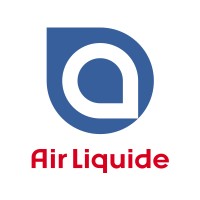
Air Liquide
Air Liquide is a world leader in gases, technologies and services for industry and healthcare. Present in 60 countries with approximately 66,500 employees, the Group serves more than 4 million customers and patients. Oxygen, nitrogen and hydrogen are essential small molecules for life, matter and en
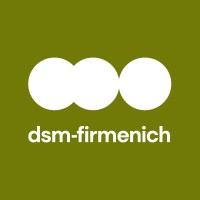
dsm-firmenich
We are dsm-firmenich – innovators in nutrition, health, and beauty. We bring progress to life by combining the essential, the desirable, and the sustainable. From our master perfumers and flavorists to our expert nutritionists and scientists, our trailblazing teams work closely with customers, sup
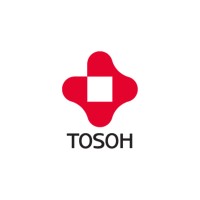
Tosoh Corporation
Tosoh Corporation is the parent company of a Japanese chemical and specialty products and materials group that comprises over 100 companies worldwide and a multiethnic workforce of more than 13,000 people. The parent company was established in 1935 and is listed on the First Section of the Tokyo St
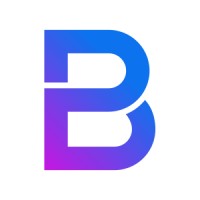
Brenntag
We're the global market leader in full-line range of chemical & ingredient products and value-added services. Our more than 17,500 employees provide tailor-made application, marketing and supply chain solutions. Our full-line portfolio comprises specialty and industrial chemicals and ingredients of

Frequently Asked Questions
Explore insights on cybersecurity incidents, risk posture, and Rankiteo's assessments.
NA CyberSecurity History Information
How many cyber incidents has NA faced?
Total Incidents: According to Rankiteo, NA has faced 0 incidents in the past.
What types of cybersecurity incidents have occurred at NA?
Incident Types: The types of cybersecurity incidents that have occurred include .
Additional Questions
What Do We Measure?
















Every week, Rankiteo analyzes billions of signals to give organizations a sharper, faster view of emerging risks. With deeper, more actionable intelligence at their fingertips, security teams can outpace threat actors, respond instantly to Zero-Day attacks, and dramatically shrink their risk exposure window.
These are some of the factors we use to calculate the overall score:
Identify exposed access points, detect misconfigured SSL certificates, and uncover vulnerabilities across the network infrastructure.
Gain visibility into the software components used within an organization to detect vulnerabilities, manage risk, and ensure supply chain security.
Monitor and manage all IT assets and their configurations to ensure accurate, real-time visibility across the company's technology environment.
Leverage real-time insights on active threats, malware campaigns, and emerging vulnerabilities to proactively defend against evolving cyberattacks.




